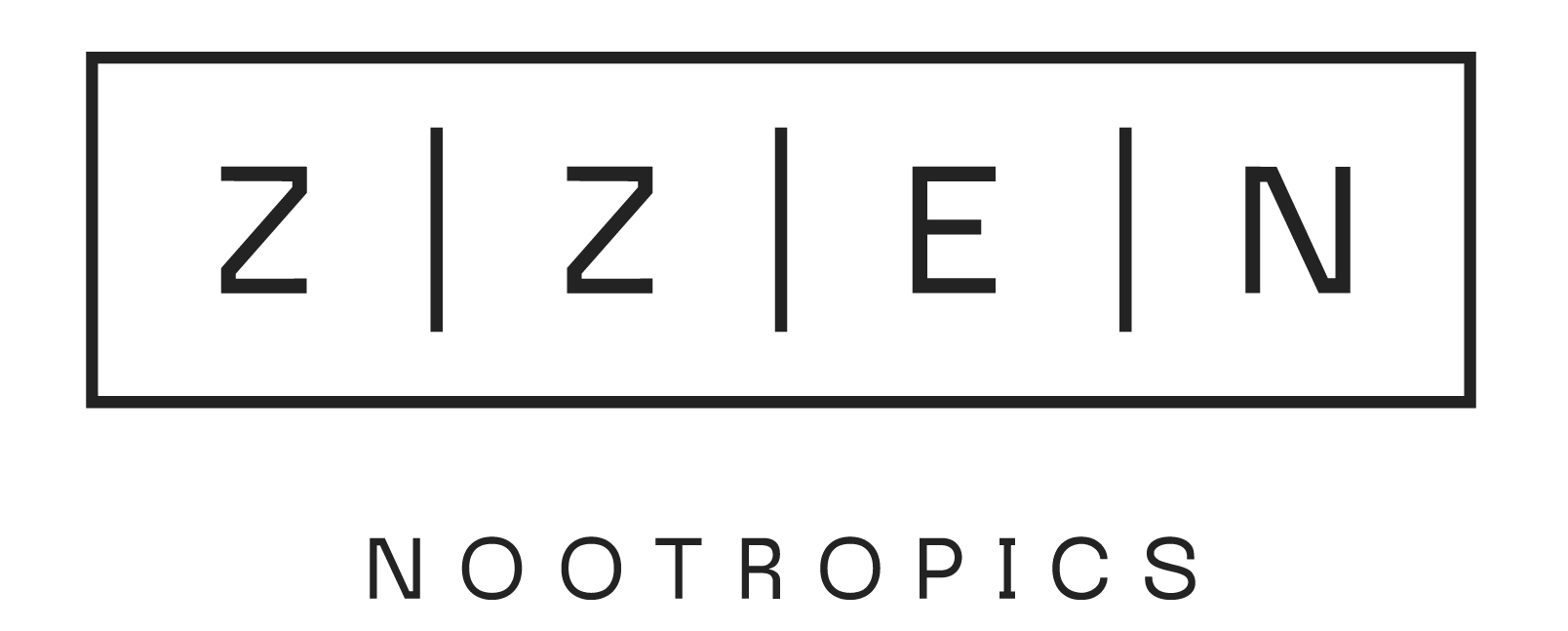Productive work meetings are the dream of any company, but the reality is usually different: messy agendas, participants who should not be there, meetings that drag on without concrete results... Sound familiar? Fortunately, Steve Jobs left a simple but key formula to make meetings not only shorter, but much more effective.
If you want to transform your meetings into short, focused sessions that really boost teamwork, we tell you...
Table of contents
Why are many meetings not productive?
Before getting into Jobs' formula, it is important to understand why so many meetings fail.:
They are convened without a clear objective.
More people attend than necessary.
There is no agenda.
Too many issues are addressed.
No action plan is defined.
In fact, according to Harvard Business Review data, 71% of professionals find their meetings unproductive. But there is a solution.
Steve Jobs' formula for productive meetings
1. Limit participants to a minimum
Steve Jobs was categorical: the best meetings have no more than 5 participants. The reason? With fewer people, decisions are made faster and unnecessary “noise” is reduced.
“The more people in a room, the harder it is to make a decision.”
*ZZEN Tip: Invite only those who have an active role in the decision or execution of the topic to be discussed.
2. Do not deal with more than 3 topics
Human attention span is limited. Jobs recommended that no more than three major topics should be addressed in a meeting. This allows you to get to the point, prioritize what is relevant and come away with clear conclusions.
Lean on neuroscience , because studies in cognitive psychology indicate that, after 20-30 minutes, our concentration decreases. And if you are also jumping from topic to topic, the disconnection is total.
3. Set a maximum duration of 30 minutes
Yes, less is more . For Jobs, meetings that lasted longer than half an hour lost effectiveness. The same is confirmed by multiple productivity researches: the most effective meetings last between 15 and 30 minutes.
How to get it?
Define an agenda with estimated times.
Use a timer if necessary.
Appoint someone to moderate.
Additional keys to productive business meetings
Define a clear objective
Each meeting must have a specific goal: make a decision, review a project, solve a problem. If there is no defined goal, it is better not to convene it.
Start with context
Avoid detours. Begin by explaining the problem or key point. Don't waste the first 10 minutes on greetings and review of minor issues.
Assigns tasks at the end
Every productive meeting should end with defined responsibilities and deadlines. Otherwise, everything remains up in the air.
Eliminate meetings that can be solved with an email
A meeting is not an excuse to go over what everyone already knows. If it doesn't require interaction, feedback or discussion...send it in writing .
Improve your focus before a productive meeting
Often it is not the meeting that fails, but our ability to concentrate at that moment. Excessive stimuli, multitasking and mental fatigue can make it difficult to be truly present.
A natural aid for these moments is ZZEN Focus, a formula designed to improve cognitive performance, maintain sustained attention and help you better manage mental stress, without resorting to aggressive stimulants. Ideal if you have several demanding meetings in your day or need to be more focused when making important decisions.
Practical example of what a productive 30-minute meeting would look like
Objective: Validate the new digital campaign for product launch.
Participants: CMO, Performance Manager, Designer and Copywriter (4 people).
Agenda:
(5 min) Context and objectives of the campaign.
(10 min) Creative review and adjustments.
(10 min) Final homework assignment.
(5 min) Closing, doubts and deadline.
Result: a brief, concrete meeting with clear responsibilities.
Conclusion: Less time, more impact
Productive business meetings don't require big technology or complicated methodologies. They require clarity, focus and respect for the time of all involved.
Steve Jobs' formula is applicable to any company, from startups to large corporations. And as he himself demonstrated, simplicity is often the best strategy to achieve maximum performance.
Start by reducing your meetings to 30 minutes, limiting the topics and selecting the attendees well. You'll notice the change from the first week. But if you want more, for that extra focus in your meetings, try supplement for concentration and energy from ZZEN Labs.









Leave a comment
This site is protected by hCaptcha and the hCaptcha Privacy Policy and Terms of Service apply.